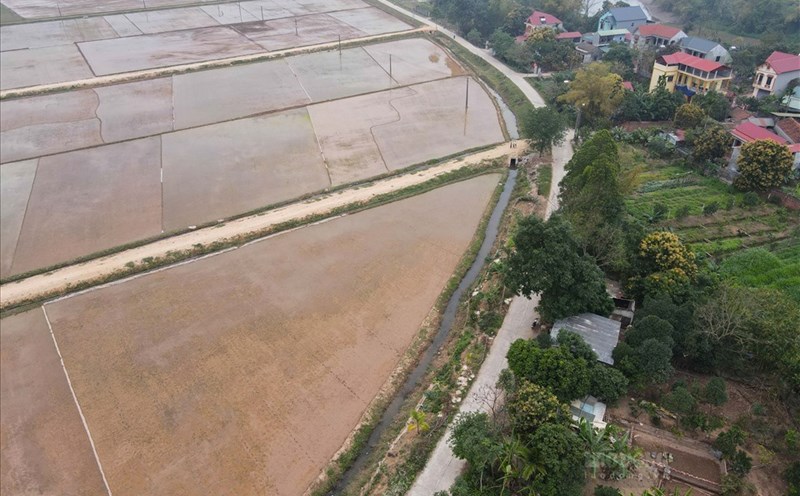The 2024 Land Law clearly stipulates that in some cases, agricultural land will not be granted a land use right certificate (red book). Notably, according to Point a, Clause 1, Article 151, agricultural land used for public purposes is one of the types of land that does not meet the conditions for being granted a red book.
Clause 1, Article 151 stipulates: Land users are not granted a Certificate of land use rights, house ownership rights and other assets attached to land in the following cases: a) Agricultural land used for public purposes as prescribed in Article 179 of this Law.
According to Article 179, public land is the area of agricultural land directly managed by the People's Committee at the commune level, used to build public works such as cultural houses, sports fields, markets, cemeteries, schools, medical stations, community centers or for short-term lease to create revenue for the commune budget.

Although this land can be leased by individuals or organizations for agricultural production, it is still not recognized for long-term land use rights and does not meet the conditions for granting red books.
Not granting a land use right certificate for agricultural land used for public purposes aims to ensure that community land funds are not transferred, acquired or used for the wrong purpose.
This regulation also requires people to pay special attention when receiving transfers or lease of plots of land located in public land, to avoid disputes and future damage.
The 2024 Land Law is expected to improve the effectiveness of state management of land, limit the situation of dividing plots, encroaching or misusing land types that are originally planned to serve the common interests of the community.
In the context of increasing demand for agricultural land, understanding and complying with new regulations is a key factor to protect the legitimate rights of land users.











